As the old adage goes, a person’s identity is shaped by a culmination of their positive and negative experiences. This can range from intimate experiences with family to minute run-ins with strangers. My own growing personal desire to understand public health stems from an eccentric combination of these experiences, and where I am from. As Outliers author Malcolm Gladwell explains, our environment defines our experiences; who we are cannot be separated from where we are from.
My Family Influence
Naturally, my story must begin with my upbringing. My mother was a burn unit nurse, my father a veterinarian. Watching them practice and hearing their stories, I felt a fondness for clinical care and the sciences, and I feel that I have a natural affinity for these subjects. When I was a child, my father and I frequently conducted science experiments in my backyard, from culturing bacteria from mouth swabs onto agar plates, to collecting lake water to examine its microbiome. This produced more than just a curiosity toward the sciences; it was also the first step in my journey of self-discovery, the first hint of an intrinsic desire to question, test and heal.
As my first mentor, my father pushed me towards practicing medicine. He stressed the importance of politics and policy in healthcare, impressed upon him during his training in Chile under the Augusto Pinochet regime. When I was ready, he brought me to his veterinary clinic, where I observed his dedication to his craft and patients. Watching him go through the routine of listening, examining, taking necessary actions in the lab – medically and/or surgically – and then explaining it all in a way the patients’ owners could understand, has profoundly influenced my idea of health. His part in the healing process inspired my interest in medicine. The level of character, commitment and compassion he showed towards his patients has motivated me on my journey.
My grandfather, Zayda, also played a distinguished role in shaping my life experiences, and indirectly influenced my interest in public health. While continuously encouraging my academic pursuits, he most importantly introduced me to the gift of music. Music is the aural manifestation of art and science- an interplay of theory and creativity; the creation of new harmonies through a systematic process. This has been part of my education, in public health and medicine we must be creative in finding solutions using evidence based techniques. He began teaching me how to play his saxophone when I was in the sixth grade. He immediately called me over after being diagnosed with pancreatic cancer. My Zayda took the initiative to pass on his knowledge of music. As I began to play, I could see the pain in his eyes, not from his illness, but from the awful sounds I was forcing out of this instrument. His condition quickly worsened, but he never stopped teaching me. His passion provoked my own inclination to teach.
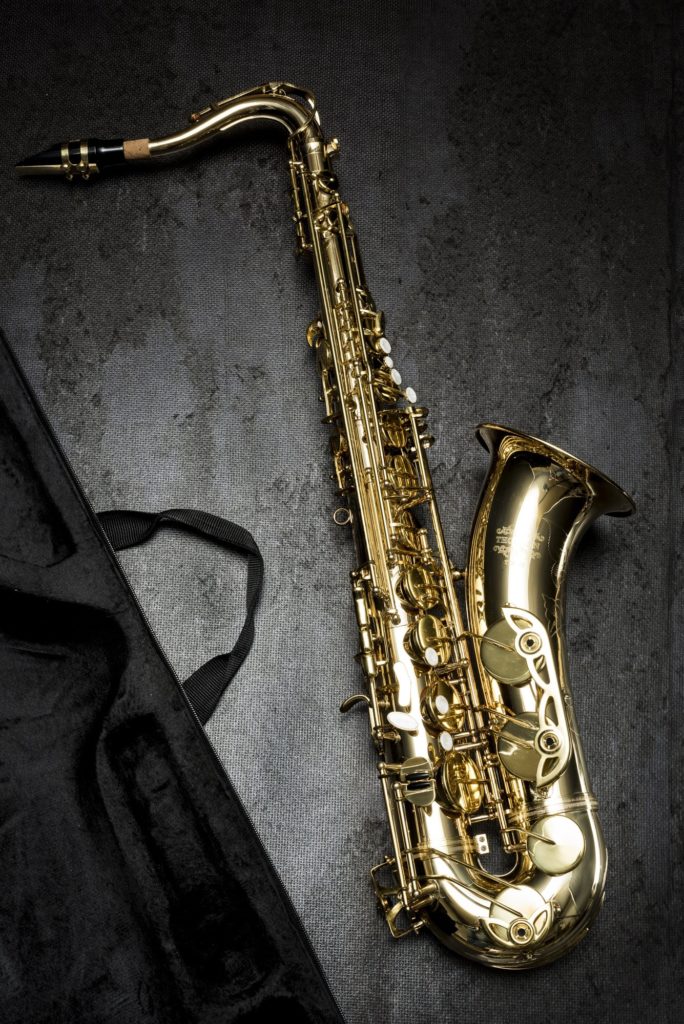
In my public health endeavors, as in music, I aim to convey my message, encourage and listen to foster learning. I remember the look in Zayda’s eyes when he watched me play my first song; no disease could take away the triumph and joy provoked by seeing me successfully create my own sound. Playing saxophone, I marveled at how an individual can manipulate an instrument and bring it to life through both technical expertise and personal involvement. Utilizing this synthesis of art and science to master the instrument has been one of my most fulfilling experiences. Part of my public health training at the University of Miami, where I obtained my MPH, included a community project; it was here that I was given my first glance into this amalgamation. I gave my time to the department of dermatology, and it was here where I understood the fusion of art and science. Through interviewing patients and building relationships, while amassing data to evaluate and solve real problems in the greater South Florida region, I came to better appreciate the work of previous scientists and their dedication to the craft.
Maturing Through My Education
My passion for public health started to blossom during my time as an undergraduate, through university coursework, volunteer opportunities and work experience – both in labs and in the hospital. However, my first exposure was during a gap year between high school and college. I was fortunate to be able to study, travel, live and most importantly, spend time volunteering as an emergency medical technician (EMT) in Israel from 2012 to 2013. During this time, I took part in multiple codes, car accidents, general illnesses and elderly care, I was the first person to encounter, and begin aid, for these individuals during their respective health care crises. The shock I experienced seeing different health-related crises, coupled with the ability to make a real difference, solidified my calling to the health field.
When I reflect back on the most influential aspects of my time spent studying and volunteering abroad, two specific experiences come to mind. The first was participating in a code. A woman went into cardiac arrest after suffering a heart attack; it was my responsibility to perform chest compressions and hook up the electrocardiogram. Ultimately, I was part of a team that successfully resuscitated this patient. I simultaneously felt awe at being able to give someone the chance to have more time on this earth, and a deep appreciation for the years of research that went into a now relatively routine procedure. Scientists have spent decades, even centuries pushing the limits of what we know and understand. I realized I wanted to be part of the field that mends what we learn from lab and medical sciences and be able to apply it to the population to make a positive impact.
The second experience came only a few weeks later. Holding and performing life-saving techniques on a preschooler is a feeling that will stay with me until the end of my days. We were called to a case, with little background, except the knowledge that this was a young male. The child had been critically and chronically ill, and had started having frequent seizures that night. The mother’s grip on my arm was louder than her cries and the absence of the father who could not bear to watch the scene transpire was deafening. I did all that I could do in my role, with limited breadth to intervene. My relationship with the individual and his family was shallow, brief and necessary. My duties were simple, technical and of the utmost importance for this part of his journey. This experience solidified my intent to go beyond undergraduate studies and work towards a career that integrates public health research and medicine. I wanted to be there with the patient and family, to guide them through the healing process and be involved in the creation of these interventional protocols that could save many lives.
Although I thoroughly enjoyed studying textbooks in a classroom setting, it was this fulfilling hands on work that drew me even closer to public health. Did Tossach in 1740, DeHaen in 1783 or Glasgow in 1809 have the foresight to understand that his work paved the way for modern CPR, which saves an estimated 92,000 lives per year? An additional 100,000 lives could be saved if CPR were performed early enough, according to the American Heart Association. When I ask myself why public health: It’s because I care about the greater good of human beings and the people around me. As public health graduates, it is our duty to improve the behavior, conditions and environment that affect health so that all people can attain a better quality of life.
Delving Into Public Health
My pursuit of an MPH began during my junior year of college in 2016. It was born out of the desire to have a better understanding of the healthcare system and a general understanding of the professional ecosystem. Two years later, as I was finishing my master’s in medical science before making the leap to medical school, I found myself with a year to continue my graduate studies. With my educational pursuits I have been diligent about working in translational laboratory work, from cancer research at the University of Miami and Moffitt Cancer Center to neurosurgery research back at the University of Miami. I wanted my research to not only be published, but to make a difference for real people – not just in petri dishes and pre-clinical models. Despite working on a cellular level, I know that the impact of my work can have an effect measured on a much grander scale. I know that both this work and my future work will not just focus on the individual, but also on family, community and society. I have been exposed to cellular research, hospital care and community care, all of which provided me with a glimpse into healthcare today, making a public health education all the more valuable. My public health education takes this research and brings it all into action.
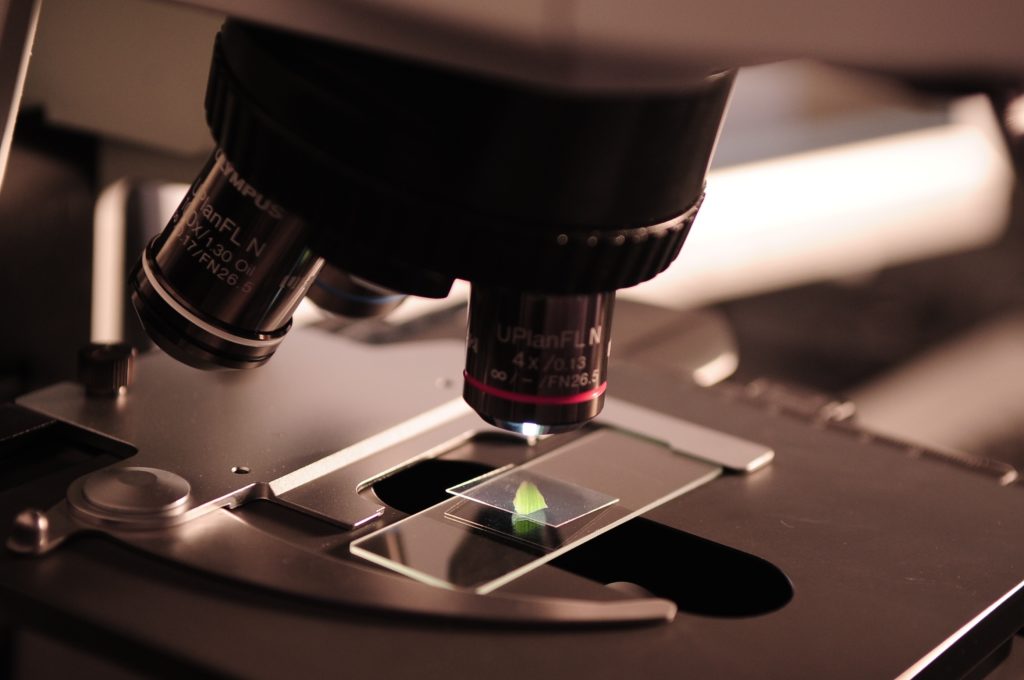
After completing my undergraduate and master’s degree in Orlando and Tampa, respectively, I looked at MPH programs across the east coast. I decided to return to my hometown in South Florida to continue my studies at the University of Miami. I understood that the MPH degree was rooted in community work and population-based interventions. It was meaningful to me to be able to make a difference in the city that I grew up in. In addition to the coursework in biostatistics and epidemiology, it has been my social determinants of health course, clinical trials and an interdisciplinary healthcare access course that have completely changed my perspective on healthcare. Race, ethnicity, income and zip code are just as significant predictors of health as the traditional measures taken in the clinic. Not all diabetic patients can, nor should, be treated the same way; how someone can afford their medication, or even store it, is something I will now always be cognizant of. This is something that would be a completely foreign idea to me if it weren’t for my formal MPH education. With any chronic disease, I will be aware of the struggles some patients may face outside the hospital. I am aware of community programs, social interventions and other mechanisms to empower my patients to receive proper care and better manage their quality of life.
With the discussions and information acquired from my MPH, I have a new perspective on public policy. I postulate that constructing a dialogue about emerging prevalent health issues can create open minds, eliminate backwards thinking, dispel myths, motivate the community to seek resolutions, and provoke them to combat their individual juncture. Medicine, healthcare, policy and our economic situation as a whole is always changing in the United States. Public health continues to influence the lives of our nation – from the Affordable Care Act constitutionality being challenged in the courts, women’s reproductive rights policy in select states, gun violence, vaccinations (or lack of) and through many other chronic and emerging stories that would take too long to list. Through my MPH education, I will be uniquely ready to take on these challenges and transform into a physician than can take on these unique demands.
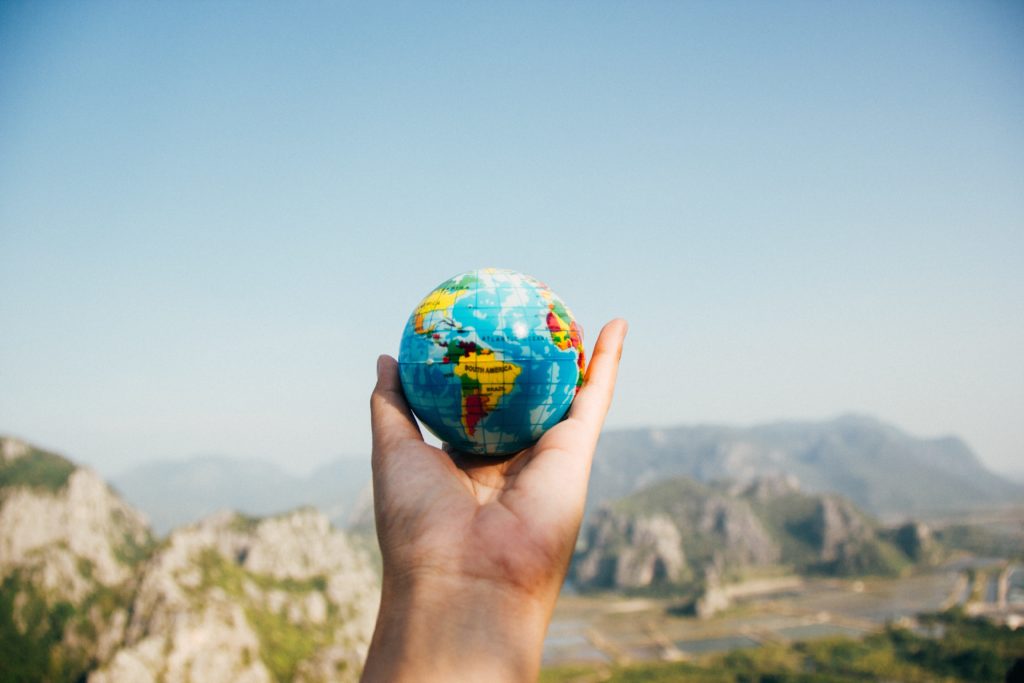
I have seen how healthcare’s role in our lives encompasses involvement in leadership, research, teaching, healing and the community. Whether it be for a small child, an elderly gentleman or anyone in need, my goal is to gain the crucial knowledge to intervene, to learn the leadership skills necessary to guide the course of healing and to accept the responsibility to perform the necessary procedures. Therefore, I strive to be an integral part of the generation that incorporates innovation and compassion. I am ready to be part of a field that entrusts a grave responsibility to investigate and resolve plight as well as having trust in its workers to rid the world of such health disparities and dilemmas worldwide. This integrative approach has exposed me to cellular research, hospital care, and community care, all of which have provided me with a glimpse into the many different aspects of healthcare. Alongside the healing that happens between the physician and the patient, an opportunity exists to heal whole communities through public health practices.
- Why Public Health: The Foundations of Public Health - August 23, 2019

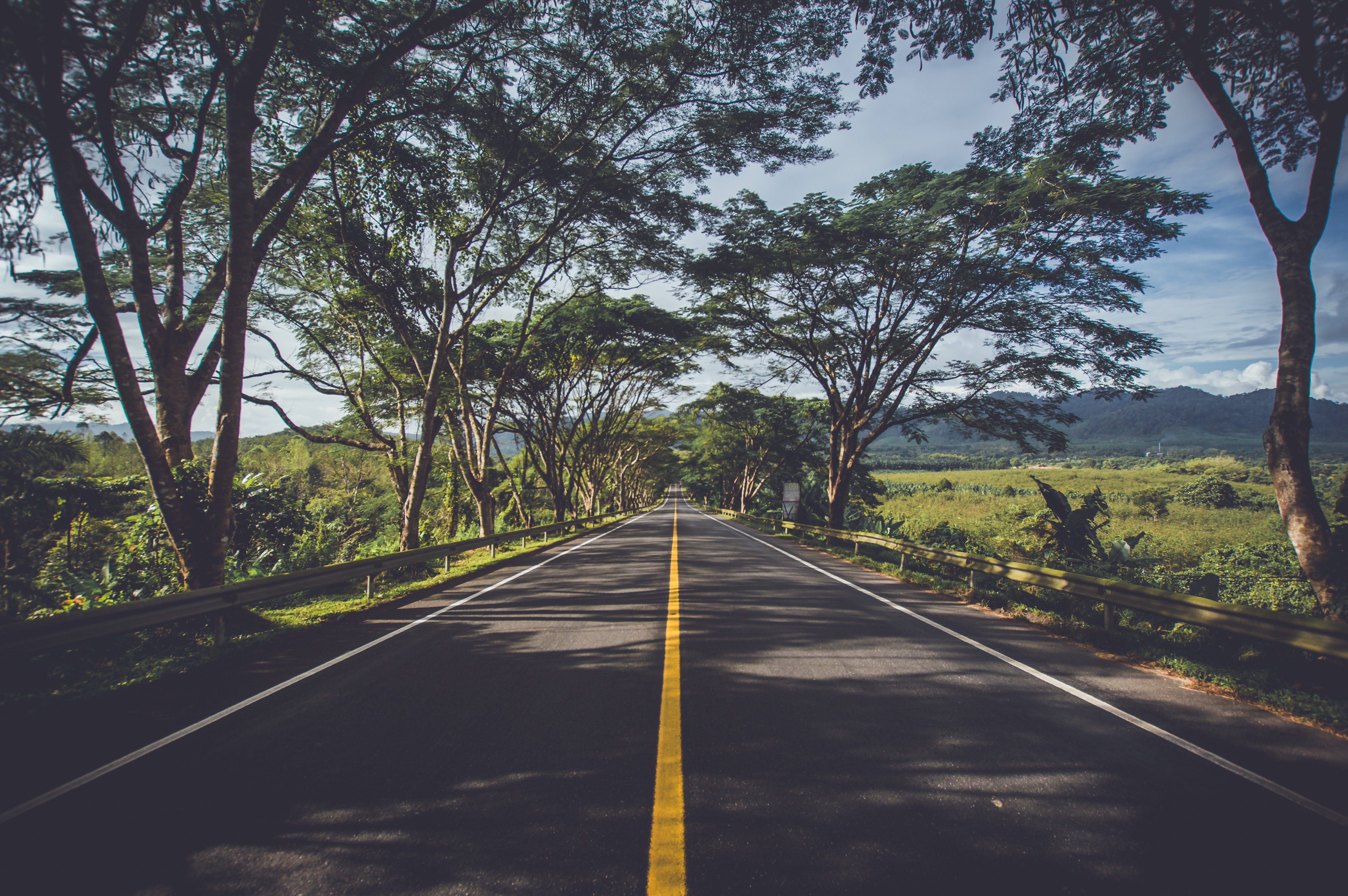

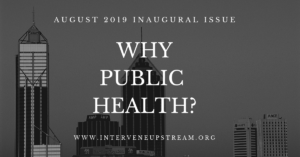
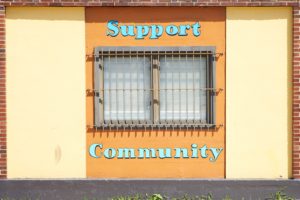
Pingback: Introducing Intervene Upstream: 2019 Inaugural Release » Intervene Upstream, the online peer-reviewed public health publication for graduate students